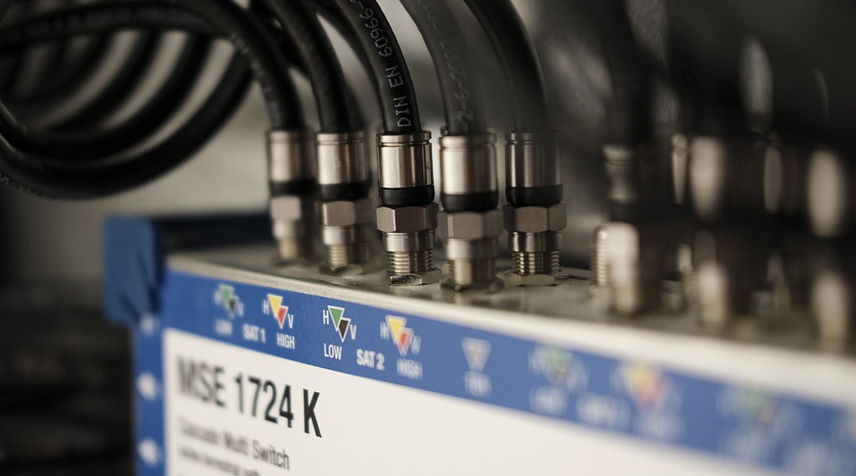Understanding the Root of the Issue
So you’ve noticed a humming, whining, or even grinding sound coming from your automatic transmission? It might be just a little annoying, but it could also signal a serious problem. Automatic transmissions rely on a complex network of gears and bearings to transfer power smoothly, but just like any mechanical system, these parts wear over time. This can cause the delicate components of your transmission to start vibrating under load, leading to the concerning noises you’re hearing.
When your automatic transmission starts to age, it may develop a build-up of metal particles from normal friction. This creates a buildup in the bearings and even on the torque converter shaft. These deposits can cause friction and wear, eventually leading to noise as the transmission tries to cope with this extra load.
Common Causes of Automatic Transmission Bearing Noise
Several factors can contribute to automatic transmission bearing noise. Here are some of the most common culprits:
- **Low Oil Level:** This is one of the most frequent causes! The lifeblood of your transmission, oil, lubricates the bearings. A drop in level leaves them vulnerable and prone to increased friction, leading to a noticeable hum or rattle.
- **Overheating:** Excessive heat can wreak havoc on your transmission system. If your car is running hot, this could lead to accelerated wear and tear on parts like the bearings.
- **Dirty Oil:** While low oil levels are a major issue, dirty oil is another culprit. Debris and contaminants in your transmission fluid can clog up crucial passages and increase friction.
- **Improper Fluid Type:** Using the wrong type of transmission fluid can cause problems. Some fluids may not provide optimal lubrication and protection for your bearings.
- **Excessive Load:** If you’re frequently hauling heavy loads, your transmission will work harder and wear down faster. This puts extra strain on the bearings, potentially causing noise.
What to Do About That Noise?
If you hear that annoying hum or rattle in your car’s transmission, don’t ignore it. It’s important to identify the root cause of the problem as early as possible. The longer you wait, the more damage may be done!
Here are some steps you can take:
- **Check Your Transmission Fluid Level:** Make sure your transmission fluid level is at the correct mark on your dipstick. If it’s low, add fresh fluid according to your owner’s manual. If you’re still unsure about how to check or change the fluid, it’s best to consult with a professional mechanic.
- **Get an Inspection:** A trusted auto technician can help diagnose the problem. They will use diagnostic tools and expertise to pinpoint the issue. This is crucial in identifying whether the noise is due to a bearing issue, low oil level, or something else entirely.
After diagnosis, your mechanic can address the problem with appropriate remedies:
- **Replace Worn-Out Bearings:** If the bearings are worn out, they will need to be replaced. This is a common repair in automatic transmissions.
- **Flush and Refill:** A complete flush of the transmission fluid with new fluid can help clean the system and reduce friction. It’s often combined with new filter changes.
- **Add Friction Modifier:** In certain cases, a friction modifier may be added to help reduce transmission noise from worn bearings. This is considered by some experts as a temporary solution for minor issues.
The Importance of Regular Maintenance
Just like any other part of your car, regular maintenance can prevent many issues down the road. Keeping up with this routine can help you avoid bearing noise and other costly repairs:
**Check Oil Level Regularly:** Check your transmission fluid level regularly (every month or so) to ensure it’s at the correct level and that there are no leaks or spills.
**Consider Regular Fluid Changes:** Follow your owner’s manual for recommended oil changes. Use high-quality, OEM-approved fluids to avoid issues with friction.
**Drive Smartly:** Be mindful of your driving habits and avoid overloading your car or towing heavy loads on a regular basis. These actions put extra strain on your transmission system, potentially leading to premature wear and tear.
When To Call A Professional
If you’re hearing noises from your automatic transmission that are persistent or worsen over time, it’s best to consult with a professional mechanic. They can safely diagnose the problem and recommend the appropriate course of action. A thorough assessment ensures that any damage is caught early on and repaired properly!
Conclusion
Automatic transmission bearing noise, while sometimes an annoyance, shouldn’t be ignored. It’s a clear indicator of potential problems within your car’s transmission system. Remember to look out for the warning signs and keep up with regular maintenance to prevent issues down the road! By staying proactive, you can ensure your automatic transmission remains efficient and running smoothly for years to come.


